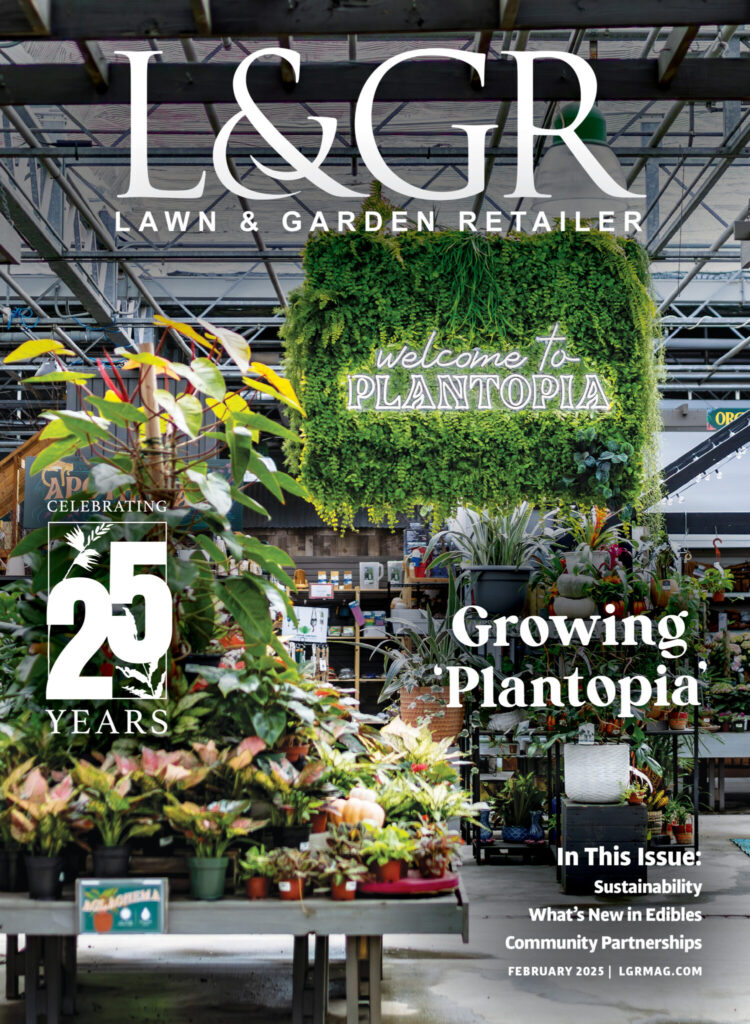
HRI Marks 60 Years
In the 60 years since the establishment of the Horticultural Research Institute (HRI), the foundation has endowed $9.5 million in research grants and scholarships, drawing on funds contributed by horticulture industry professionals. Of that remarkable figure, $3.6 million has been distributed to more than 100 research projects in the past 10 years. This year alone, HRI will provide $417,039 to support industry-specific research.
The generosity of donors, paired with the foundation’s strategic investment plans, has created a total endowment of nearly $20 million, and it’s a figure that continues to grow. There are more than 200 named funds established by industry professionals, their businesses and organizations. In addition, 103 scholarships have been awarded since 2007.
At the most recent fundraising gathering of HRI members in July 2022, a record $882,000 was pledged on the spot. Three new funds were established and existing fund sponsors announced additional contributions to the coffers.
“HRI has experienced incredible industry support, especially over the last five years,” says Alan Jones, HRI president and president of Manor View Farms, Monkton, Maryland. “The major investments made in HRI by the industry indicates that the work HRI accomplishes is valued and, in turn, allows us to tackle even more.”
But the numbers tell only part of the story. The people involved, the research conducted, the programs established and the students supported all have contributed to the success of HRI and to the ongoing success of the greater horticulture industry.
Sixty years ago, the Horticultural Research Institute was established on the premise that the most useful research — that which would provide practical, actionable solutions — should be determined by those professionals whose work is most directly affected; the horticulture professionals themselves. No one knows their day-to-day challenges better and no one understands their long term goals more clearly.
From Day one, HRI has sought their input in order to drive the research that propels the industry toward growth and stability, vitality and sustainability. Industry professionals identify specific challenges and present their recommendations, then HRI’s teams of industry volunteers assess the industry relevance and scientific merit of grant proposals. Horticulture professionals also evaluate all scholarship applications.
Dan Batson, current HRI treasurer and president and CEO of Greenforest Nursery Inc., in Perkinston, Mississippi, explains the concept. “Those of us on the board, as well as HRI members and contributors, see this as a way for the industry itself to influence and maneuver the research that needs to be done through the universities,” he says. “We give them the ideas of what needs to be done in our industry; say, this is today’s problem, one that we need to have solved as soon as possible. The progressiveness of our industry is really dependent on people who can connect the research directly to our industry.”
Susie Usrey, vice president of customer relations for Monrovia, agrees. Usrey and her husband have established research and scholarships funds, and Usrey remains a staunch supporter. Research initiated by industry professionals and funded by HRI, “is unique and very much needed, and handled very well. It has really made a huge difference in the industry,” says Usrey.
The critical influence of horticulture industry leaders identifying research needs cannot be overemphasized. “The advantage is in having industry leaders in the leadership of HRI, who are constantly assessing the marketplace for the most current issues that need to be studied and addressed,” says Dale Bachman, retired CEO of Bachman’s Inc. in Minnesota. “It’s the industry leaders who volunteer to guide the whole process of establishing the priorities, and going out and soliciting the funds, and ultimately making the decisions on what is to be funded.”
Again, who knows better how to ensure the long term growth and strength of an industry than those whose livelihoods depend upon it?
The targeted studies that address immediate and long term challenges, the outcomes of which directly assist horticulture industry professionals to solve problems and move forward, have run the gamut. They range from insect pest and disease prevention or control to mechanization solutions that support efficiency and precision.
“Without the experts working on some of the plant blights and insecticides and insect issues, we probably would not have come as far as we have in the horticulture industry,” says Dennis Molitor, vice president of finance and accounting for Home Nursery in Albers, Illinois. “The other issue is mechanization; we’re seeing more and more automated work issues. I consider HRI to be a huge asset when it comes to any kind of research and development for our industry.”
One area of research that has contributed to long term industry sustainability involved pollinator health. Public concern about pesticide use, and the potential harm such chemicals can wreak upon pollinator populations, once was a public relations nightmare. Research into alternative treatments, as well as which plants the industry grows that attract pollinators and encourage a healthy population, provided solutions that helped on both fronts. Relying on trusted scientific findings, growers could treat their ornamental crops with effective alternatives, as well as grow plants proven to be beneficial to pollinators and popular among the gardening public.
“The research we did in the benefits of plants and how that contributed to pollinator health really gave our retail community something they could sink their teeth into,” says Harvey Cotten, Ad-Hoc Development Committee chair for HRI. “They were able to use it in their marketing efforts to increase plant sales,” to the long term benefit of the entire industry, he adds. The act of growing a plant is an investment in — and a commitment to — the future. And the act of investing in the horticulture industry, through targeted research and support of horticulture scholars, ensures that the future is vital, strong and able to support generations to come.




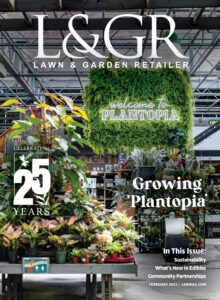

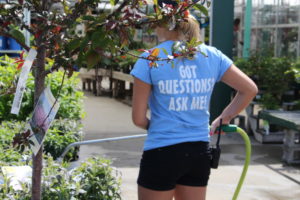

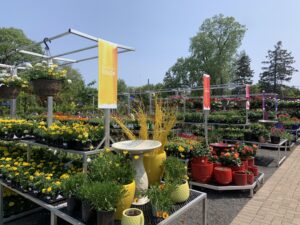



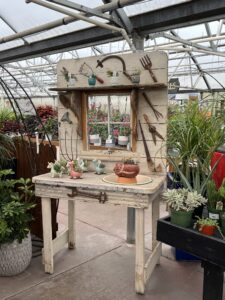
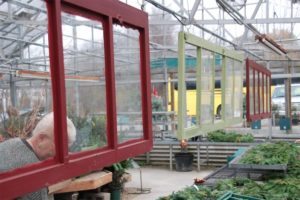



 Videos
Videos




